On February 1, 2021, the application process for loans under the HASCAP guarantee program was launched.
Process
Complete and submit the HASCAP Guarantee Online ID Form.
Wait for an email from BDC with your unique ID code.
Provide your financial institution with this unique ID code.
Application and eligibility
The application form asks whether the company is majority owned (51% or more) by women, indigenous, or visible minorities (and which one). The government note that the data is to be collected for informational purposes. Responses do not need to be submitted, nor do they affect eligibility for the loan.
An FAQ has also been added which provides the following guidance on eligibility:
Your business must have been financially stable and viable prior to the current economic situation and have been in operation as at March 1, 2020. Other criteria apply that your primary lender will outline.
IT MUST ALSO fall into one of the following categories.
Your business has received the Canada Emergency Wage Subsidy (CEWS) Program or the Canada Emergency Rent Subsidy (CERS) Program by having demonstrated a minimum 50% revenue decline, for at least 3 months, within the last 8-month period prior to the date of your HASCAP Guarantee application.
Your business has not received CERS or CEWS and it qualifies for one of these two programs. You must first:
Apply for the Canada Emergency Wage Subsidy (CEWS) Program or the Canada Emergency Rent Subsidy (CERS) Program demonstrating that your business has experienced a minimum 50% revenue decline, for at least 3 months, and within the last 8-month period prior to the date of your HASCAP Guarantee application
If the business does not qualify for CEWS and CERS, it must provide financial statements that reflect at least 3 months (which do not need to be consecutive) of monthly year-over-year revenue decrease of a minimum of 50% per month, within the 8-month period prior to the date of your HASCAP Guarantee application.
Your business will be required to provide the CEWS or CERS attestation forms demonstrating required revenue decline [and proof of payment under the Program (via bank statements or cancelled cheques) during the application process with your financial institution.
Other conditions may apply.
Example loan TERMS - Scotiabank
Scotiabank has also posted the following details particular to their specific offering:
If you are a qualifying Scotiabank Small Business Banking client, the BDC HASCAP provides you with access to a non-revolving government guaranteed amortizing term loan between $25,000 up to a maximum amount of $1,000,000.
4% annual fixed interest rate; interest paid monthly.
Amortization up to 10 years
No principal repayments for 12 months from the date of loan advance.
The maximum finance amount, (including qualifying for terms), will be based on the HASCAP terms and conditions, business revenues and Scotiabank’s standard lending terms for Small Business Banking clients.
The following eligibility requirements must be met:
Be an existing Scotiabank Small Business Banking client and Scotiabank is your primary bank or primary lender.
Canadian business directly impacted by COVID-19.
Clients must have experienced 50% revenue decrease in any three (3) of the past eight (8) months evidenced through their application and receipt of Government subsidies under either the Canada Emergency Rent Subsidy (CERS) or Canada Emergency Wage Subsidy (CEWS).
Businesses that are eligible for CERS/CEWS must have applied for these relief programs before they can apply for HASCAP.
The program is intended to exclusively fund the operational cash flow needs of the Business or any of its operating subsidiaries (i.e. payroll, rent, utilities, taxes, scheduled debt repayments and other fixed costs) including any costs incurred in retrofitting its operations to ensure its continued viability.
Please note the following businesses are not eligible to apply:
Businesses not economically dependent on non-commercial sources such as direct gov’t funding or private donations. (First Nations owned businesses and Not-for-Profit organizations are eligible to apply).
Government organizations or bodies, or entities which a government owns equity interest.
Non-Profit, unions, charitable, religious or fraternal organizations or entities in which such organizations own equity interest, or entity is a fundraising vehicle for a charity except registered T2 or T3010 corporations that generate a portion of revenue from sales of goods or services.
Non-Publicly traded entity owned by any current member of Parliament or Senate of Canada.
Entities that promote violence, incite hatred or discriminate on the basis of race, national or ethnic origin, color, religion, sex, age or mental or physical disability or operate a sexually exploitive business.
Borrower and/or Affiliates where it has been determined they have committed tax evasion or, except as disclosed, been subject to any assertion or assessment to have engaged in tax evasion.
Application FAQ
Main landing page
